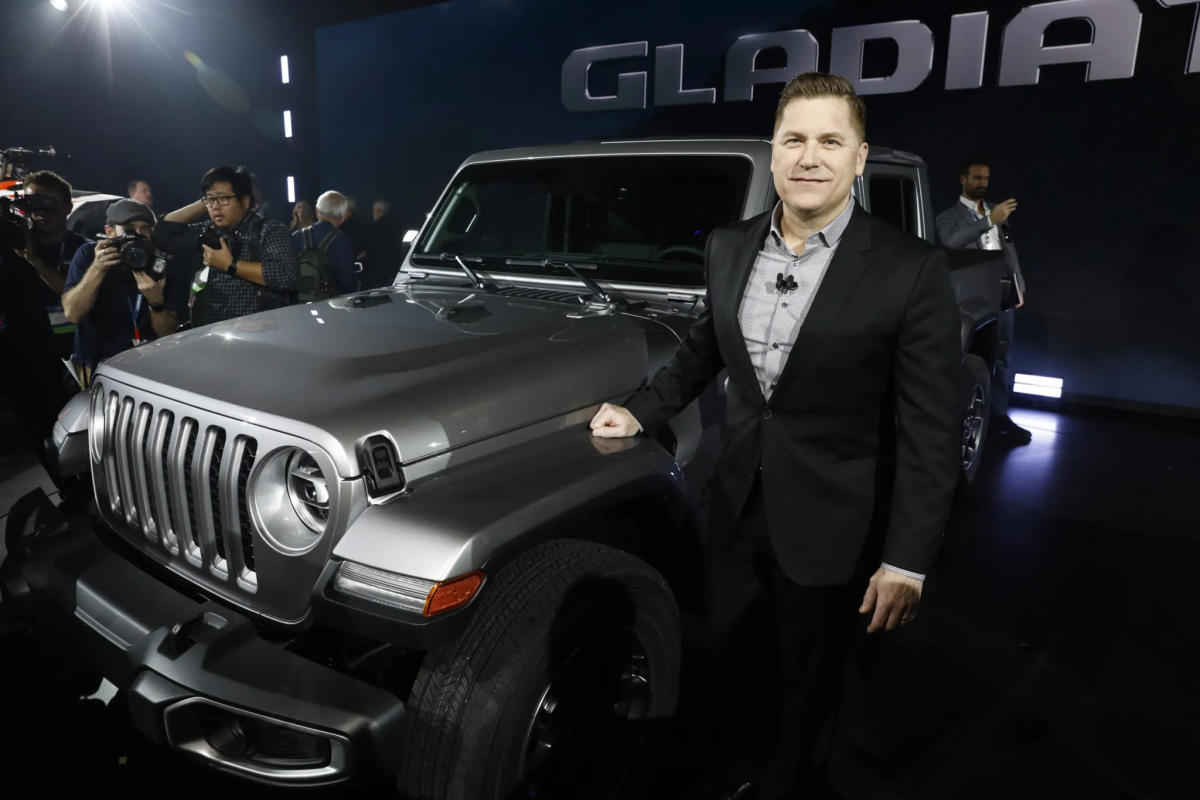
It’s been just over a month since carmaking giant Stellantis shocked the corporate world by ousting its former CEO Carlos Tavares, but execs who remain are still diagnosing old problems with the automaker that caused it to hemorrhage sales in its key U.S. market.
The freshly returned boss of its pickup truck brand Ram, is the latest to highlight an area where the European-headquartered automaker may have failed its American customers.
Tim Kuniskis rejoined Stellantis soon after Tavares’s departure to head up Ram, having initially retired as an exec in May while Tavares was in charge. Kuniskis, who had been with the company for 32 years before his departure, headed up Ram and Dodge and was overseeing Dodge’s transition to electric muscle cars.
Ram scrapped its Hemi-V8 engine in favor of a twin-turbocharged Hurricane inline-six, which upset some of the cars’ fans.
Despite the new engine setup offering a better performance level, according to several reviewers, Kuniskis believes anger over the switch was down to a typically American obsession: freedom.
“Honestly, the bigger issue is not Hemi vs. T6,” Kuniskis said in an interview with Road & Track.
“The bigger issue is we took away a fundamental American thing. Americans love freedom of choice more than anything. When you take away their freedom of choice and tell them ‘you must take this,’ they revolt.
“Whether it makes sense or not, it doesn’t matter. It’s anti-American, you’ve taken my flag away, f*** you. It doesn’t mean they are making an irrational decision, maybe they are, maybe they aren’t, I don’t know. But we as Americans, that’s what we do.”
Stellantis was formed out of a 2021 merger between Chrysler-Fiat and PSA group, which owned Peugeot. Tavares, who was chairman of the PSA Group, was chosen to head up Stellantis.
Ram forms a key pillar of Stellantis’s market in the U.S., while also selling the Chrysler, Dodge, and Jeep brands.
While the carmaker had early success in its new iteration in the U.S. as spending rose following the COVID-19 pandemic, it soon ran into severe difficulties.
Sales of Ram pickups declined by 18% last year, while the carmaker reduced deliveries to dealers in an attempt to reduce a backlog of inventory. The group’s market share in the U.S. plunged to a low of 7.2% in July last year, having routinely sat in the double digits prior.
After his departure, executives criticized Tavares for taking control away from the North American bosses in favor of a global approach to sales.
Stellantis underwent a premiumization push, hiking the price of its pickup trucks in the U.S. while other automakers engaged in a price war.
Bernstein, the equity research group, argued Stellantis had a misplaced belief in its own pricing power after speaking to disgruntled dealers who felt the carmaker had forsaken its core customers without finding a more premium buyer.
Several publications reported Tavares was eventually ousted for presenting a turnaround plan that focused on short-term gains to save his reputation at the expense of the company’s long-term health.
His successor, Agnelli family member John Elkann, has promised to rebuild Stellantis’s relationship with dealers and installed Kuniskis as an official CEO of the Ram brand in a bid to reshape its faltering approach to the U.S.
This story was originally featured on Fortune.com
EMEA Tribune is not involved in this news article, it is taken from our partners and or from the News Agencies. Copyright and Credit go to the News Agencies, email news@emeatribune.com Follow our WhatsApp verified Channel




